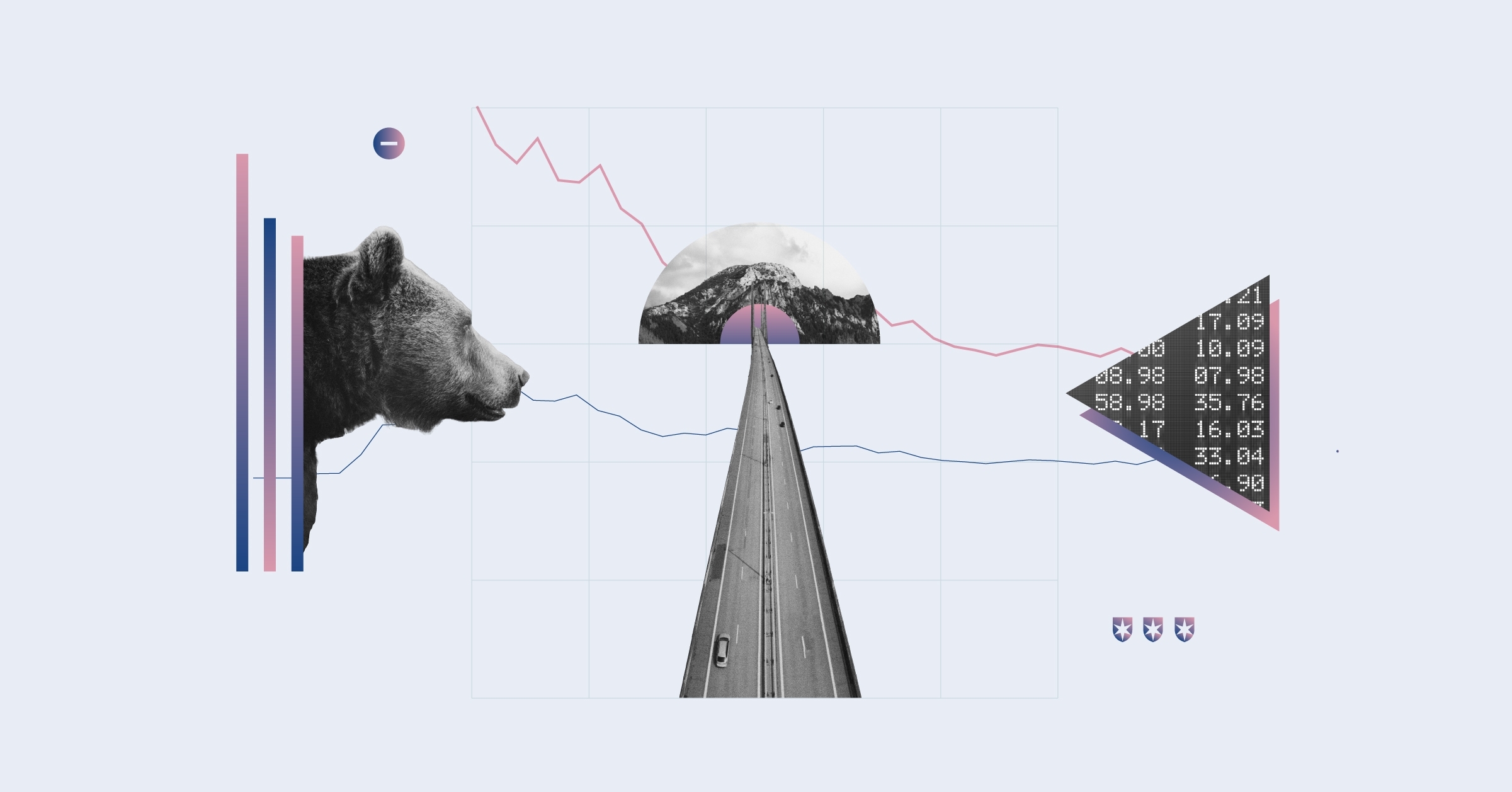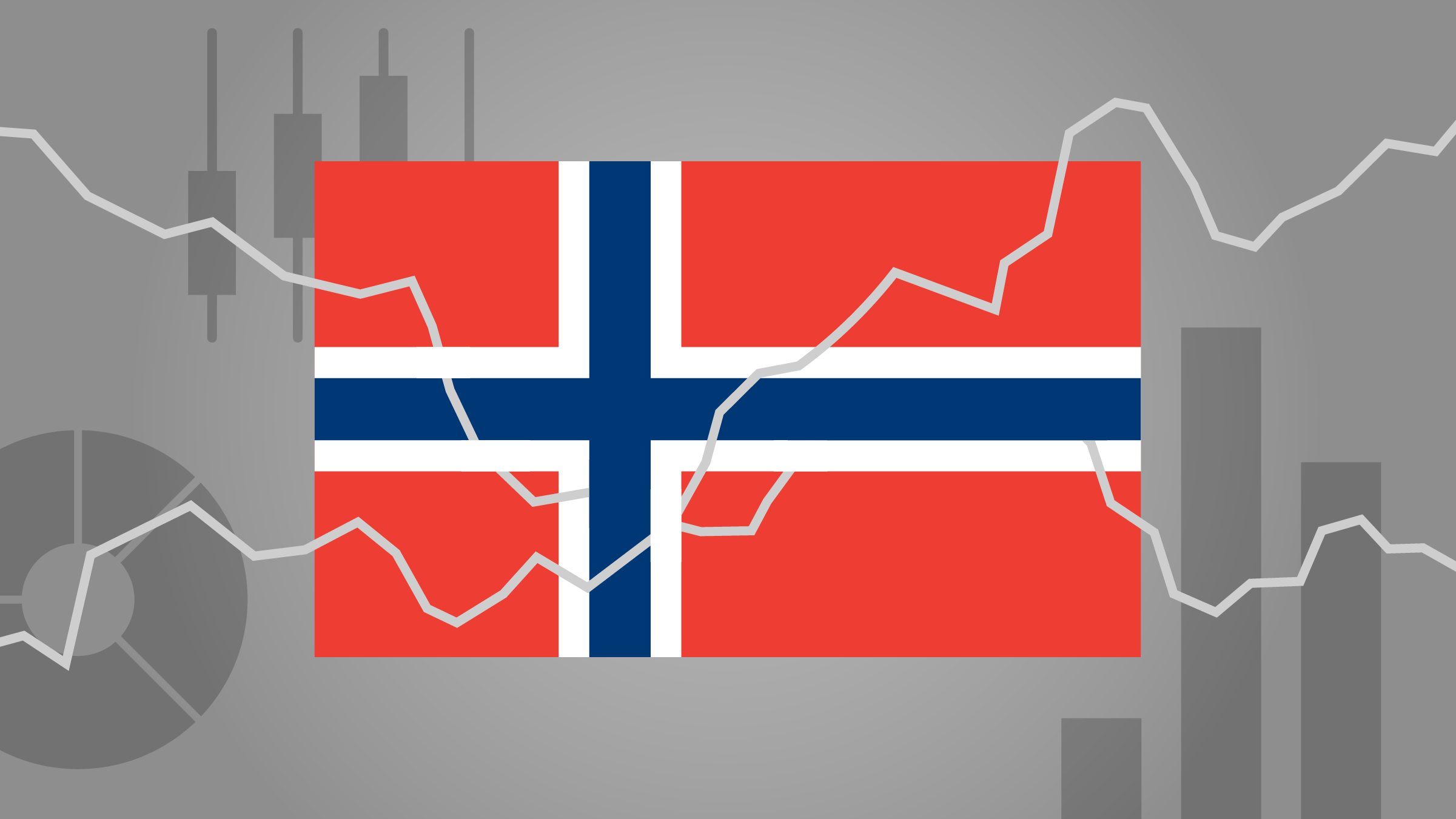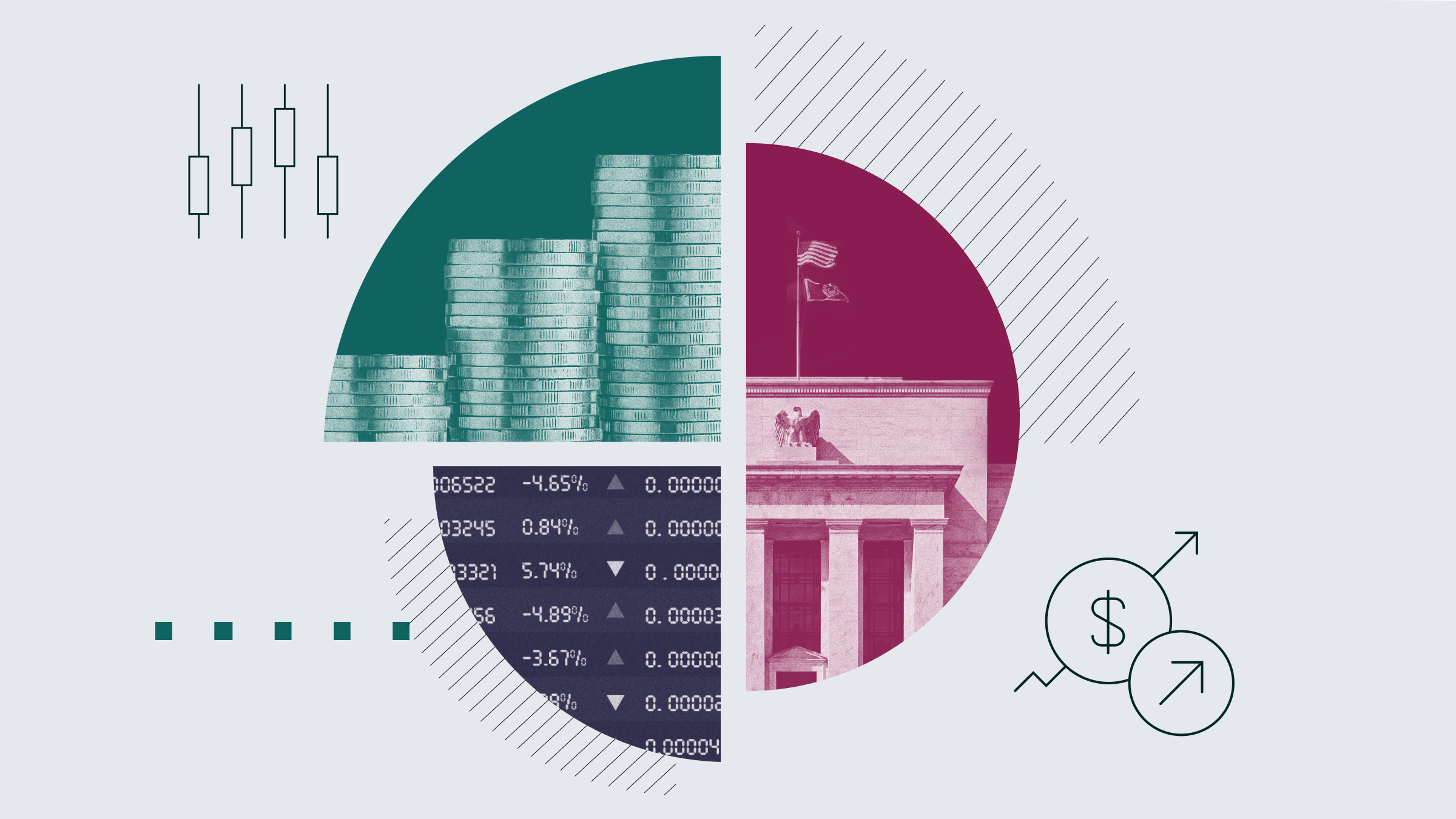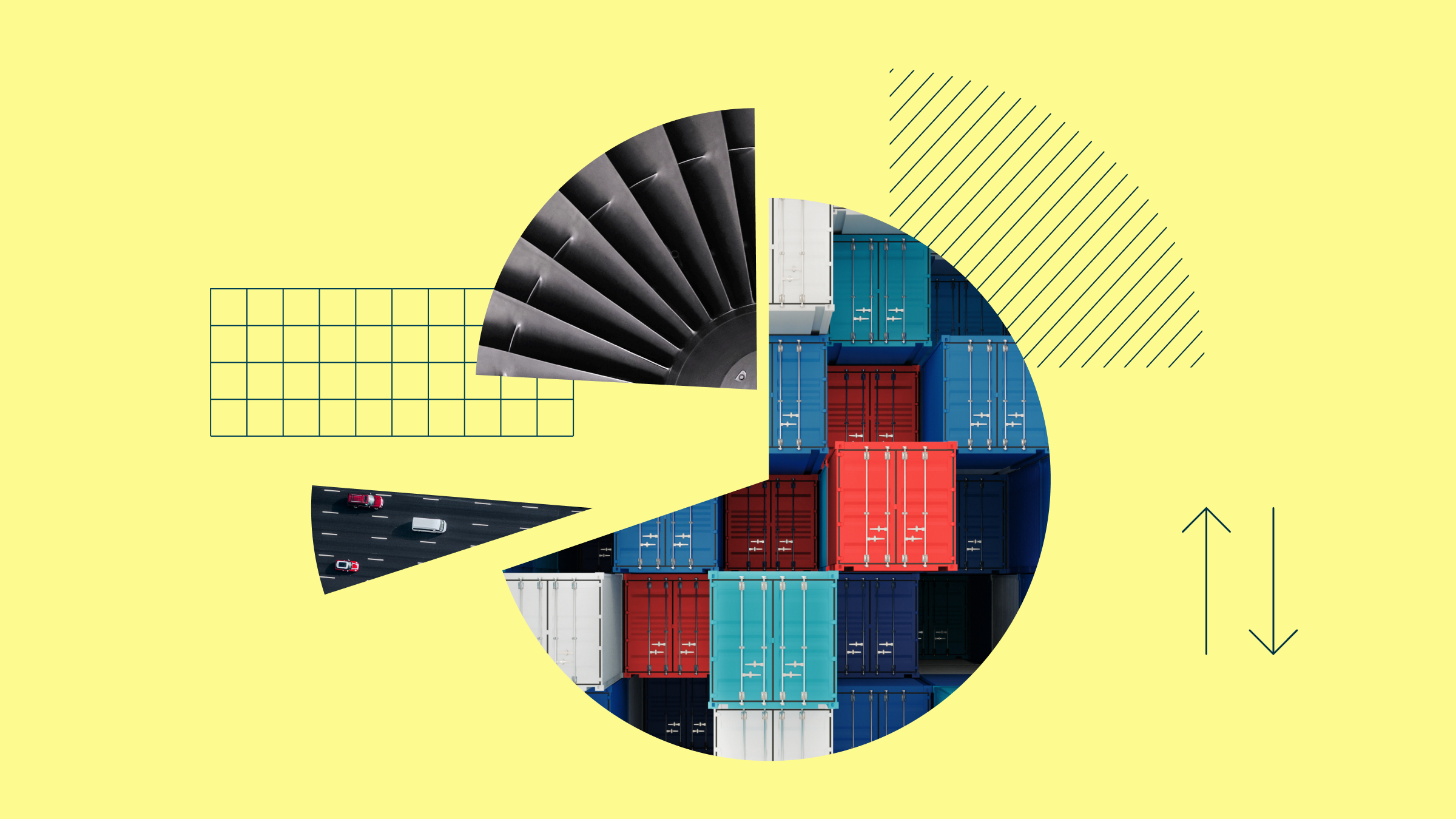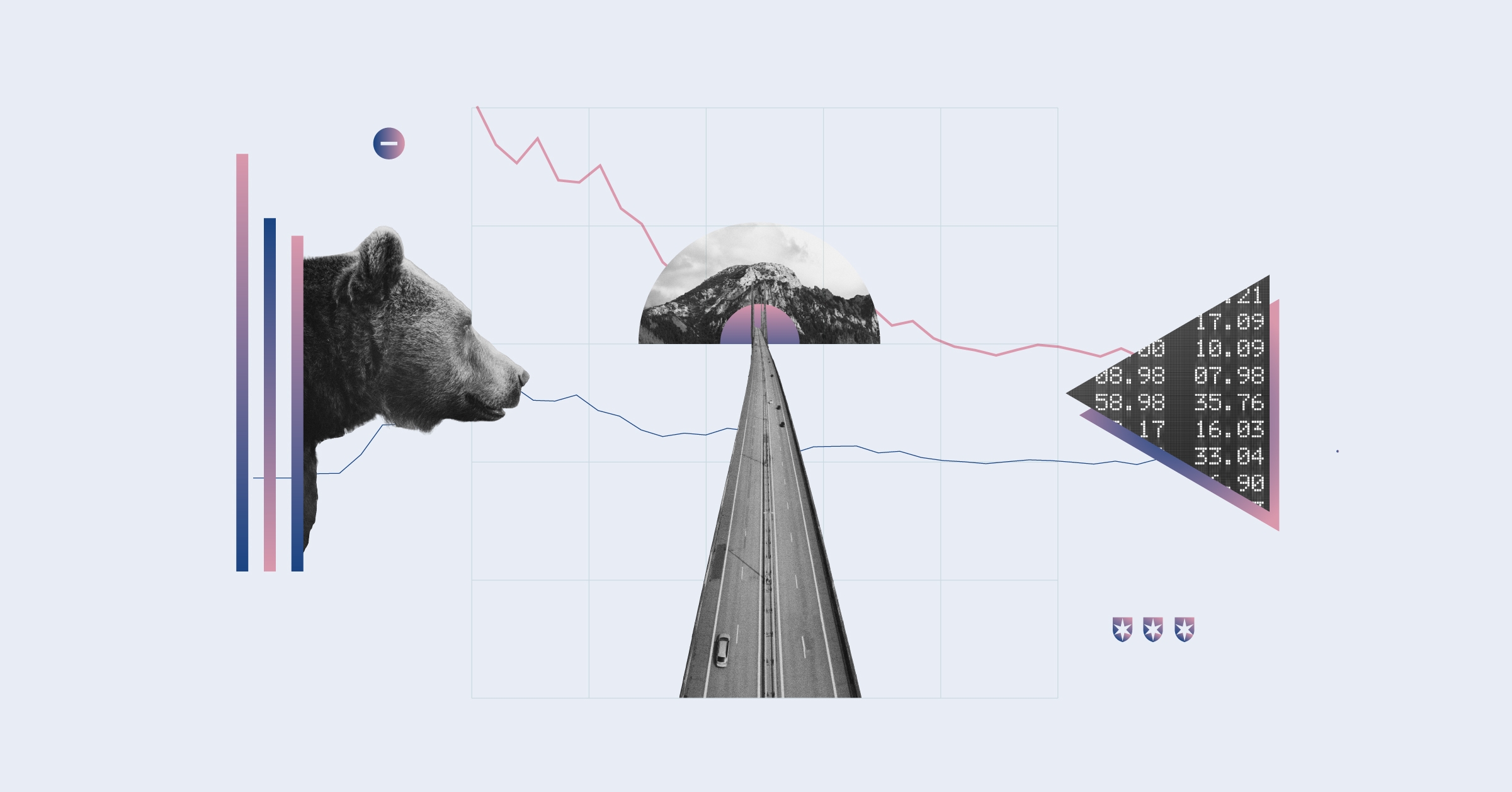Christine Benz: Hi, I'm Christine Benz for Morningstar.com. Is the growth in passive products affecting how the market behaves? I recently had a chance to discuss that topic with Fran Kinniry. He is a principal in Vanguard's Investment Strategy Group.
Fran, thank you so much for being here.
Fran Kinniry: Thank you, Christine.
Benz: Fran, as flows into passive products, whether ETFs or traditional mutual funds, have picked up, there has been some hand-wringing/concern in the marketplace about whether majority passive marketplace would start to behave differently. What's your take on that question about how index funds and ETFs are affecting the market's behavior?
Kinniry: We would say two things. There's no doubt, if you look at cash flows over the last 10, even 15 years, have been dominated toward index and ETFs. Underneath that what a lot of people don't see is, they see negative flow of active. But people are, I would say, voting with their feet. We have done a couple of papers on voting with your feet. If you look within the active universe, there is still positive, healthy flow. It's just in the low-cost quartile. Investors for the first time in a very long time, maybe even history, are using costs as a primary determinant of what they are investing in. It used to be all based on performance and now they are using costs as a very important metric, and that's where all the flows are going.
Benz: One thing we have observed recently has been very low volatility in the equity market. It's just a very placid environment, despite perhaps geopolitical concerns, other reasons to be worried. We haven't seen the market behave with a lot of volatility. Are ETFs and passive products potentially causing that? What's your conjecture on why the market has been so very placid in the recent past?
Kinniry: That's an interesting question, because ETFs and indexing have been blamed for volatility in the past. Two of my most favorite blogs that I have done in the past--one in 2013 and the one at the beginning of this year--any time the VIX or volatility spikes, the news comes out that it's because of indexing shares or ETF shares. And so, your question is a good question. Is indexing and ETFs causing low volatility?
What I would say is, volatility is usually caused by big, macro events. You don't know when they are going to come. I don't think we are going to remain in this low vol forever. But certainly, the correlation of indexing's rise and ETFs' rise and causing market volatility, hopefully, that goes out the window. We've been in some of the most tame markets we can find over the last three years. No matter what metric you look at, interday moves of plus or minus 50 basis points and the ratio of that; the length of time between a bear market; the number of days up plus 1, plus 2, or minus 1, plus 2, they are all at historical lows, and yet indexing and ETFs continue to grow rapidly.
Benz: A related question is, how large would indexing and ETFs have to grow to begin having a meaningful impact on how the market performs and behaves?
Kinniry: I think there is another misconception. A lot of this index-active is really a lot of misconception. What I mean by that is, active managers set price. They are the ones discovering and setting the price. Indexing is following the market cap. On any given day, it's the active managers who are deciding that stock A is worth more or less and puts in a sell order or a buy order. The index then follows that. Indexing is not doing the price discovery. The active managers, for the most part, are doing the price discovery.
Indexing, first off, as a percentage of mutual funds, is large, but when you look at it relative to all equities and global equities and even the U.S. equities, it's much smaller than that. To think that indexing is going to crowd out price discovery, that doesn't really make any sense. They should be self-regulating, right? If indexing goes to 90% and all of a sudden, active has some advantage, then there will be more active managers coming on because the advantage is there, and so it will self-regulate. What I would argue is, the question is, is indexing too big? I would argue is high-cost active too big? Probably the answer is yes.
Benz: A related question, and you kind of answered it, Fran, is this idea of whether the growth in indexing will create more opportunities for active managers. If index products are all doing one thing, does that create opportunities for active managers to do the other?
Kinniry: The answer again, I hate to be too cynical, if it were just you and I, Christine, we are the last two, we are the sole survivors of active management, 99% is index and we are the last two trading, only one of us can win, right? It is zero-sum game. We continue to forget zero-sum game. If I want to believe the market is going up tomorrow and I have to find a counterparty to make that trade. Net-net, we both can't win. Zero-sum game is going to hold if indexing is 10% of assets, 50% of assets, or 90% of assets.
The other thing we have to realize is there is a whole terminology of the paradox of skill. Paradox of skill means that as skill rise, the relative differentiator of skill shrinks. As indexing grows, it maybe weeding out active managers that are not competitive. You are going to be left with an active universe that is the best of the best, the survivors. It's going to continue to challenge for high-cost, active funds to outperform. That doesn't mean that low-cost active funds, because they are cost relative to an index fund, can still do very well. It's how much can you extract in excess return relative to how much you are charging.
Benz: OK, Fran. Hot topic lately. Thank you so much for being here to address it with us.
Kinniry: Thank you, Christine.






:quality(80)/cloudfront-us-east-1.images.arcpublishing.com/morningstar/A6OOX7PBSVEJ5BXDFSPKGLO72M.png)



.jpg)
